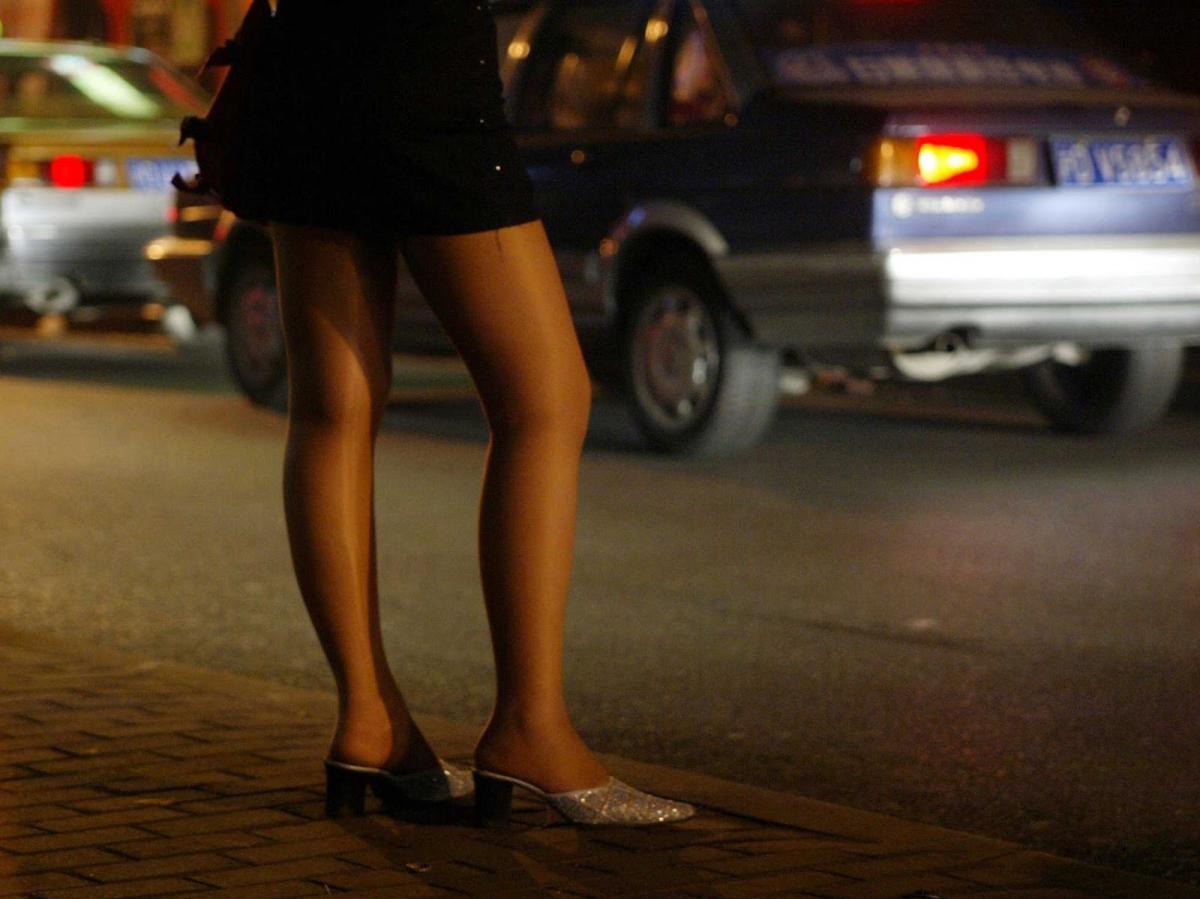There are no products in your shopping cart.
| 0 Items | £0.00 |

 HUMAN rights activists have condemned a recent British Home Office official policy document which glorifies the use of young Nigerian women as sex workers in Europe saying they return back wealthy from prostitution and are held in high regard.
HUMAN rights activists have condemned a recent British Home Office official policy document which glorifies the use of young Nigerian women as sex workers in Europe saying they return back wealthy from prostitution and are held in high regard.
Comments found in an official policy and information note on the trafficking of women from Nigeria, which is used by Home Office decision-makers handling protection and human rights claims, have provoked an outrage. This guidance has been updated to include a paragraph on the prospects of trafficked women if they return to Nigeria, citing European Union (EU) and Australian reports that make similar observations, which was not in the last version published in November 2016.
This paragraph reads: “Trafficked women who return from Europe, wealthy from prostitution, enjoy high social-economic status and in general are not subject to negative social attitudes on return. They are often held in high regard because they have improved income prospects.”
Dr Charlotte Proudman, a human rights barrister who represents women and girls in cases of gender-based violence, particularly female genital mutilation, said: “The Home Office’s deplorable policy on the trafficking of women in Nigeria shows the hostility that women victims face in claiming asylum in the UK. Suggesting that trafficked women are wealthy and enjoy a high socio-economic status is fundamentally wrong.
“The women that I represent in immigration courts often suffer from post-traumatic stress disorder (PTSD) and are always destitute. They have usually been raped repeatedly and beaten and their family have disowned them and some even face the risk of violent reprisals on return home. The abuse they experience is akin to slavery.
“The picture painted by the Home Office is far from reality and serves only to further myths about prostitution and sex trafficking. The policy will no doubt encourage decision-makers on behalf of the home secretary to refuse even more asylum claims, so the Home Office needs to issue an apology and immediately amend the policy.”
Kate Osamor, the Labour MP and chair of the All-Party Parliamentary Group on Nigeria, which has looked at the impact of trafficking, said among all the stories of trafficking they heard there was no happy ending. She added: “It shows the Home Office doesn’t trust people who go through these experiences.
"You’d expect authorities to take them in, listen and unpack their experience and not treat trafficking like it’s a job. This is advice to civil servants who don’t even meet the people and do everything by form, they should be told if they say they’ve been trafficked, they should meet them in person and unpack the experience.”
"According to the reality and the data and the people we met, no one makes it. They get caught up in trafficking and spiral, people are sold on the internet and those people get caught up in prostitution have been beaten, their mental health is poor, they’ve been raped.”
Kate Garbers, managing director at Unseen, the modern slavery and trafficking charity, said the updated guidance underlined the contradictory nature of the government’s response to the protection of slavery and trafficking. She added that it potentially shows that a hostile environment is still alive and well within the Home Office.
The Home Office assessment states that a woman who has been trafficked for sexual exploitation and returns to Nigeria is unlikely to be at risk of reprisal or being re-trafficked from her original traffickers. However, it acknowledges they may be at risk of abuse or being re-trafficked depending on their particular vulnerability.
A Home Office spokesperson said: “Sadly, modern slavery, forced labour and human trafficking are not evils of the past. Through the Modern Slavery Act, the government is committed to ensuring victims get the support they need and perpetrators are brought to justice.”